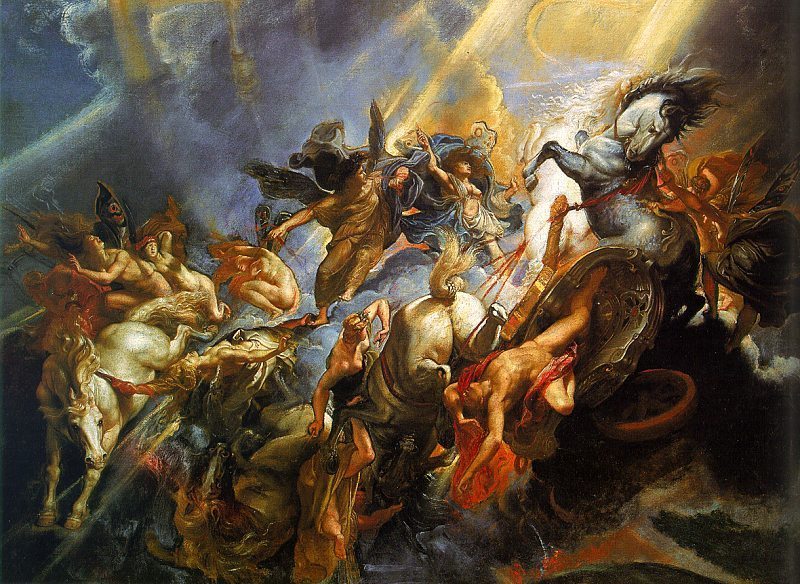I am sad. I am angry. I want a lot of thongs to simply go away or pretend they don't know me any more, because I am tired of them coming around again and again. I want to play the "I don't know you" song to so many friends it frightens me, all their belly puffing and posturing, their lack of humanity.
Here is this. It's a meme passed on to me by Collin Kelley. I am not good about picking on other bloggers and asking them to post on this stuff, so I send it out to all of you---any of you who thinks these questions are thought provoking. I think I was supposed to wait a week before posting my answers, but to tell the truth, I wanted distraction for a few brief moments, so I went ahead and answered the questions now. Here you go:
What is the
title of your book?
The book I just finished writing is going to be
called, Hobble Creek Almanac.
What is the one-sentence synopsis of your book?
Hobble Creek Almanac is the close examination of
how a small Utah town evolves and progresses through its 150+ year history.
What genre does your book fall under?
Poetry.
However, I am trying to blur the lines between factual events and
reporting of those events.
Where did the idea come from for the book?
I got my idea from writing my first two chapbooks,
which became the nucleus of my first full length poetry collection. I had written about the landscape and
maintained an elegiac stance in those poems.
I became aware I wanted to write about other people and their reaction
to the land, and the best way to do that was to approach first from a
historical perspective before moving again into personal narrative.
How long did it take you to write the first draft of the
manuscript?
I would say about 18 months in real time, though
the idea has been fumbling around my head since 2008, when I finished my first
book’s final edit.
Who or what inspired you to write this book?
William Kloefkorn, David Lee, Gary Short.
Will your
book be self-published or represented by an agency?
I really have no idea. 19th Century Mormon-themed Landscape
Meditation/Narrative hybrid isn’t an easy sell.
I have about four places I know I am submitting to. If none of those places take it, I will have
to re-group, which may take a year or so.
I will not enter in any contests, as my money would be wasted and I much
prefer to support presses by buying books, so it may end up
self-published. I know the poems are
solid, so I will worry less about the dying stigma of a self-published
book. I worry more about my lack of good
editing skills than anything.
What other works would you compare this book to within your
genre?
I go for the biggies. I think (or I would hope) my work resembles
David Lee, William Kloefkorn, and the like.
I read a lot of Wendell Berry while structuring the manuscript, and one
can only hope some of that rubs off.
What actors would you choose to play the part of your
characters in a movie
rendition?
I wouldn’t.
I would trust the director to cast the movie with the right people.
What else about your book might pique the reader’s interest?



